
Alphabetical Menu
Chronological Menu
|
Come True 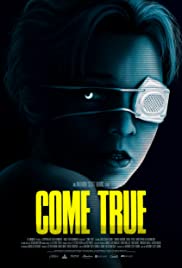 Sarah (Julia Sarah Stone), a teenage runaway, suffers from recurring nightmares. When she's not at her high school, she can often be found getting her caffeine kick at coffee shops. She agrees to participate in a mysterious university sleep study led by Dr. Meyer (Christopher Heatherington) and college student, Jeremy (Landon Liboiron), in hopes that the study could cure her sleep issues. None is willing to tell the details of the study's purpose, though. Writer/director Anthony Scott Burns has woven an enigmatic, creepy horror/sci-fi thriller that builds suspense gradually until its lazy, unimaginative third act that will probably be divisive much like Promising Young Woman's ending. The horror elements are more psychological than visceral which makes for a very immersive experience. That immersiveness is even more heightened by the moving performance by Julia Sarah Stone who's quite believable in her role as Sarah. For the most part, Burns trusts the audience's intelligence and patience. He doesn't reveal all of the answers to their questions right away, so they remain just as confused as Sarah feels about what's going on. Why did Sarah run away from home? That question never gets answered because the film prefers to focus on the mystery of the sleep study sans flashbacks. There are no clunky expository scenes that spoon-feed the audience until much later on in the third act. Patience can be rewarding, although in this particular case, the last few minutes try to be surprising, twisted and shocking, but fail to achieve those goals, so the audience's patience isn't rewarded enough, ultimately. Aesthetically, Come True looks dream-like and hypnotic with its stylish cinematography and music score. Imagines speak louder than words through the film, and it's hard to look away from the screen while watching it because every frame has something interesting going on visually. Its style essentially becomes part of its substance. Kudos to Burns for not relying on blood and guts nor jump scares as a means of frightening the audience. The editing is top-notch as is the pacing and sound design. At a running time of 1 hour and 45 minutes, Come True is a visual stylish, suspenseful and palpably creepy mind-fuck with a disappointing, uninspired ending. 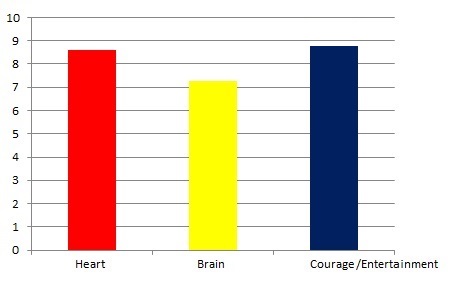 Dara of Jasenovac 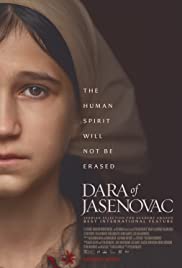
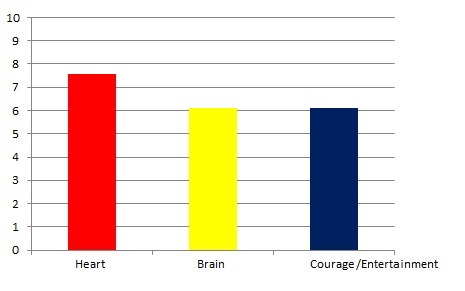 Long Weekend 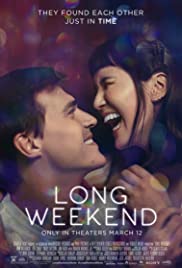 Bart (Finn Wittrock) has hit rock bottom. His mother died of cancer, he has failed to launch his creative writing career, and his fiancée, Whit (Jess Jacobs), left him because she couldn't deal with his mental issues. He avoids going to therapy sessions and turns to alcohol to drown his sorrows. When his rent goes up, he has no choice but move into the garage inside the home of his compassionate friend, Doug (Damon Wayans Jr.) and Rachel (Casey Wilson). There's hope on the horizon for him, though, because he accepts a job as a copywriter and meets a charming, mysterious woman, Vienna (Zoe Chao), whom he hits it off with and falls in love with right away. She claims that she doesn't have a cell phone, lives in a motel and gives a very vague answer when he asks her where she's from. He continues to see her, but knows that there's a lot more to her than meets the eye. The best way to describe Lost Weekend without spoiling its surprises is that it's a roller-coaster ride of emotions. Writer/director Stephen Basilone shows Bart going back and forth between moments of despair and hope throughout the course of his relationship with the enigmatic Vienna. Bart knows that she's too good to be true, but he needs someone like her in his life right at the moment to inspire him and make him happy to be alive like he deserves to be. Little does he know that she also wants something out of him which she doesn't reveal until much later when he asks her point blank about her true history and intentions. Many scenes until that point seemed like a fairy tale, at times, which is part of the film's purpose and makes more sense in hindsight afterward. Long Weekend could have easily morphed into a psychological thriller at that point or veered full throttle into another genre it teases that won't be spoiled here; instead it remains grounded in the struggles of Bart and in the dynamics of the romance between him and Vienna. She talks about her history, but Basilone wisely chooses not to show what she's talking about to the audience, so they experience it the way that Bart experiences it and can decide for themselves whether or not they want to believe or think that Bart should believe her. Basilone could have also easily turned Vienna or even Bart's ex-girlfriend into a villain, but he never does. The only real villain in Long Weekend is actually a silent one: cancer.
For a romantic drama to work, it has to have chemistry between the leads. Fortunately, Long Weekend has that in spades thanks to the charming bond between Bart and Vienna, and the charisma and warmth of the well-cast Finn Wittrock and Zoe Chao who make their flawed characters very likeable. Even though Long Weekend does become a little schmaltzy on occasion, it avoids becoming preachy and still remains grounded in humanism, a truly special effect. You want Bart and Vienna to end up together and care about them as human beings. Kudos to the actors for seeing and treating the characters as complex human beings which elevates the screenplay so that you don't feel its wheels turning much. It's refreshing to watch a movie that has such a big heart and that isn't afraid to provide people with some hope. Even in a dark room, a small light can be turned on. Vienna becomes that light for Bart and vice versa. In a way, Vienna also helps Bart to find that light inside of him. Speaking of metaphors, there's a bird feeder bookending the film which provides a nice touch of poetry. It's that kind of attention to detail that makes Long Weekend, like Vienna herself, much more than meets the eye. At a running time of just 91 minutes, Long Weekend manages to be a warm, charming and genuinely heartfelt gift to cinema and humanity. It would make for a great double feature with Being There which is the film that Bart watches when he first meets Vienna. 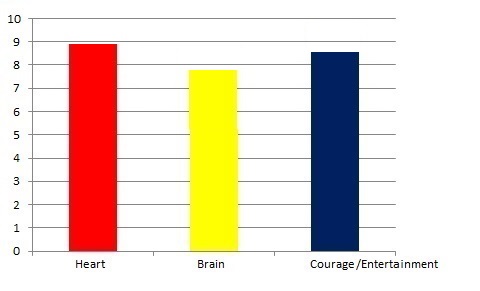 Test Pattern 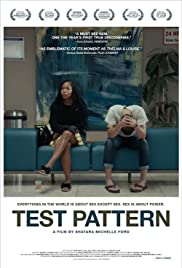
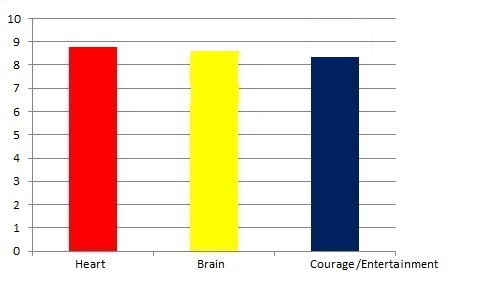 |